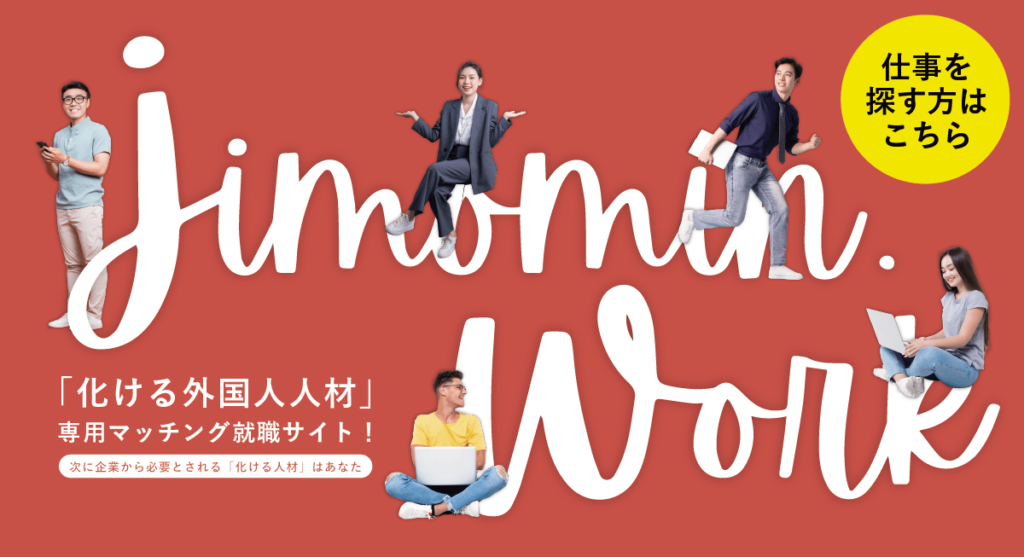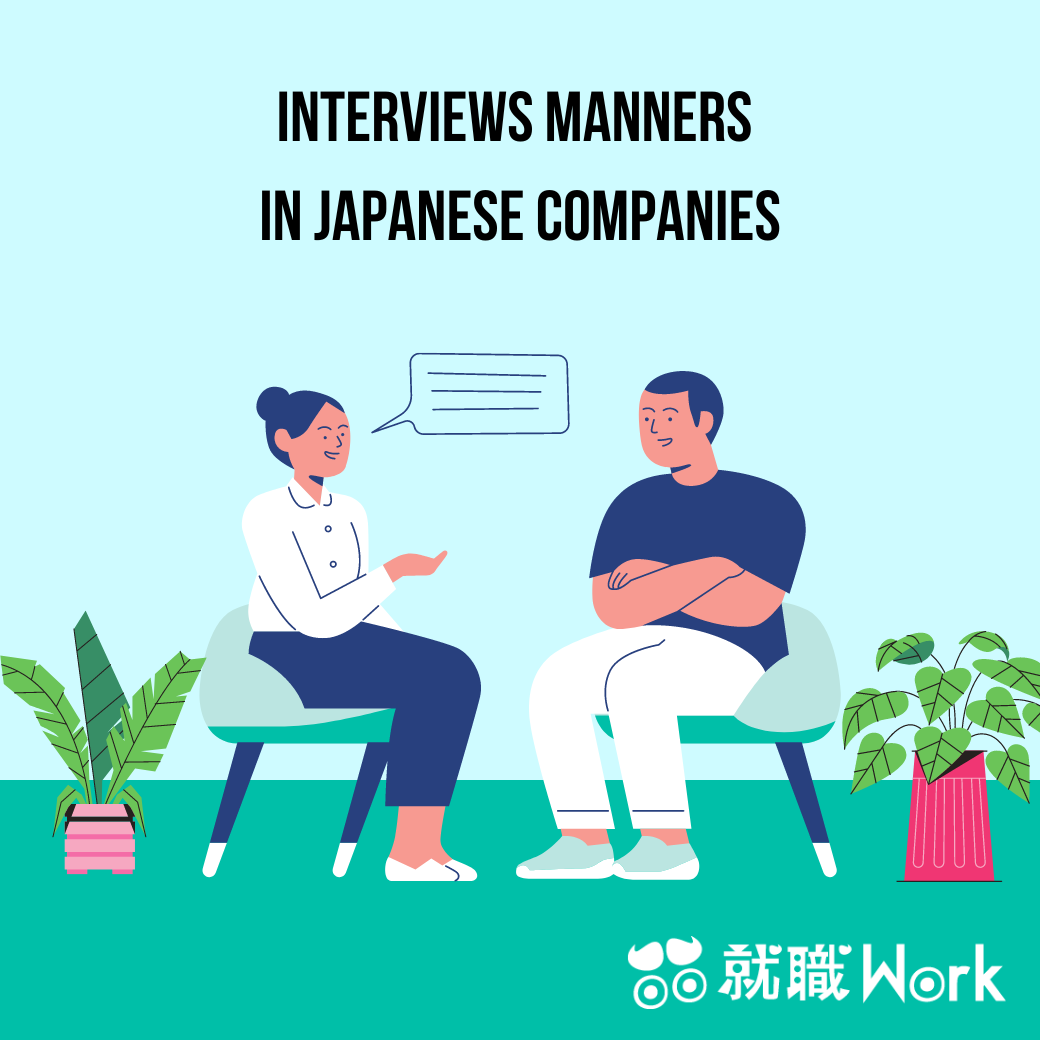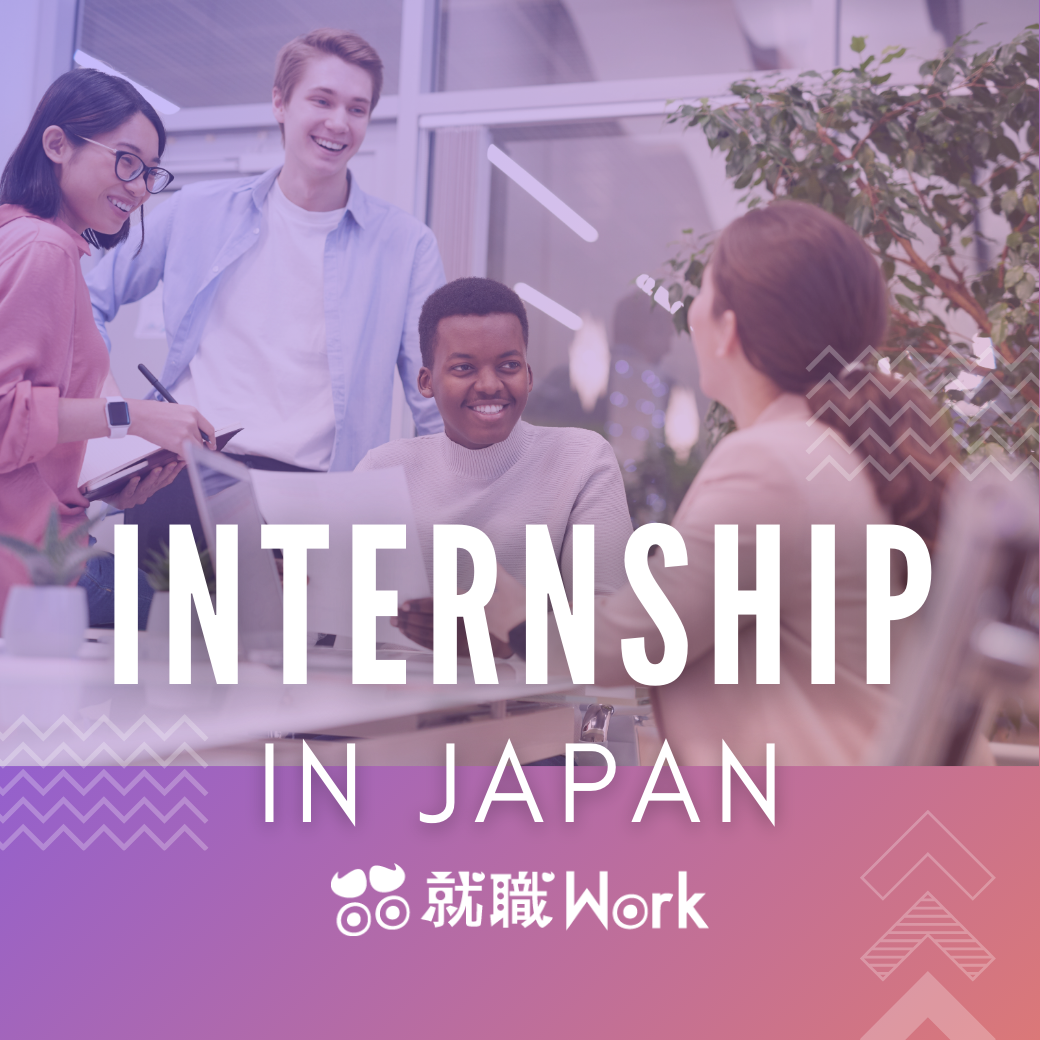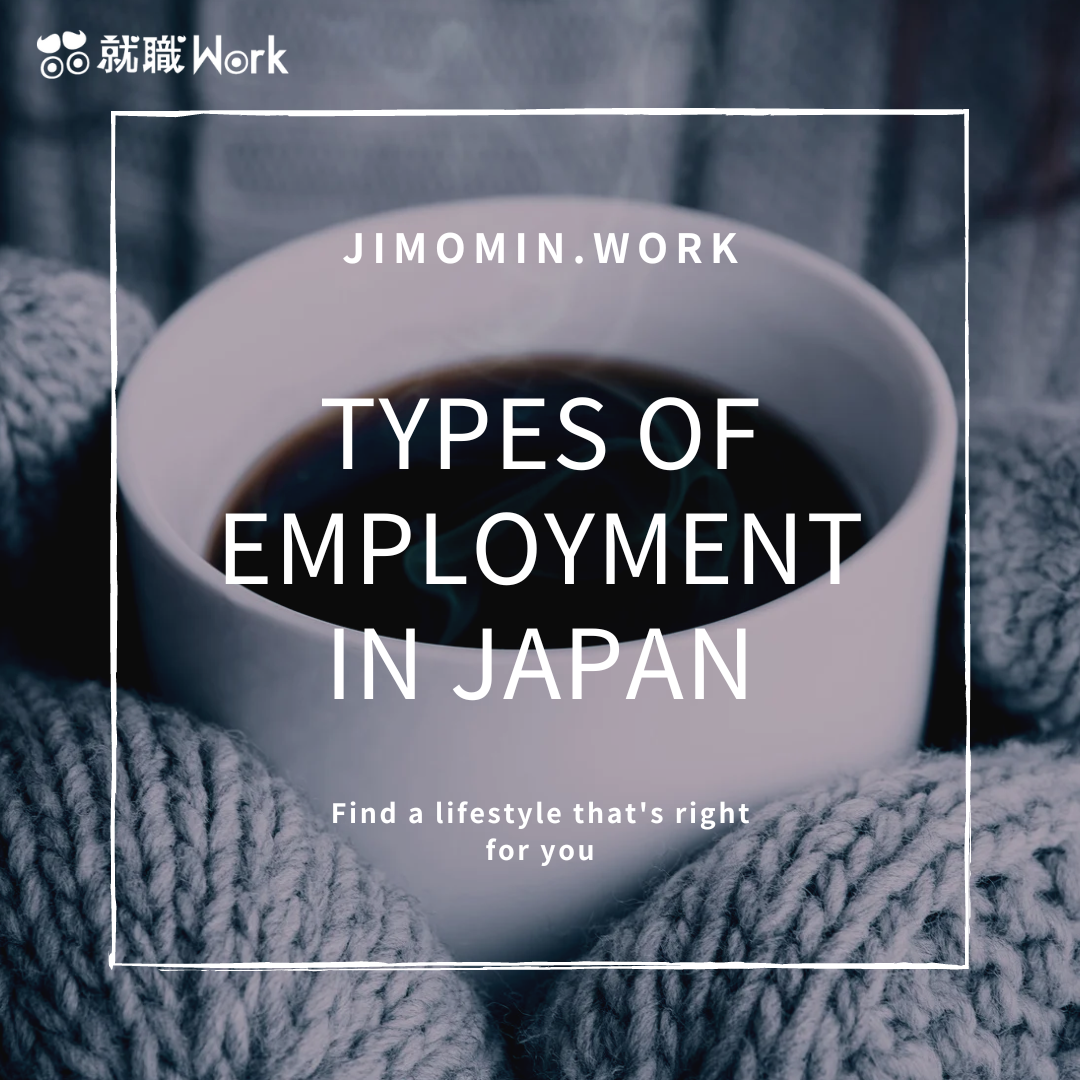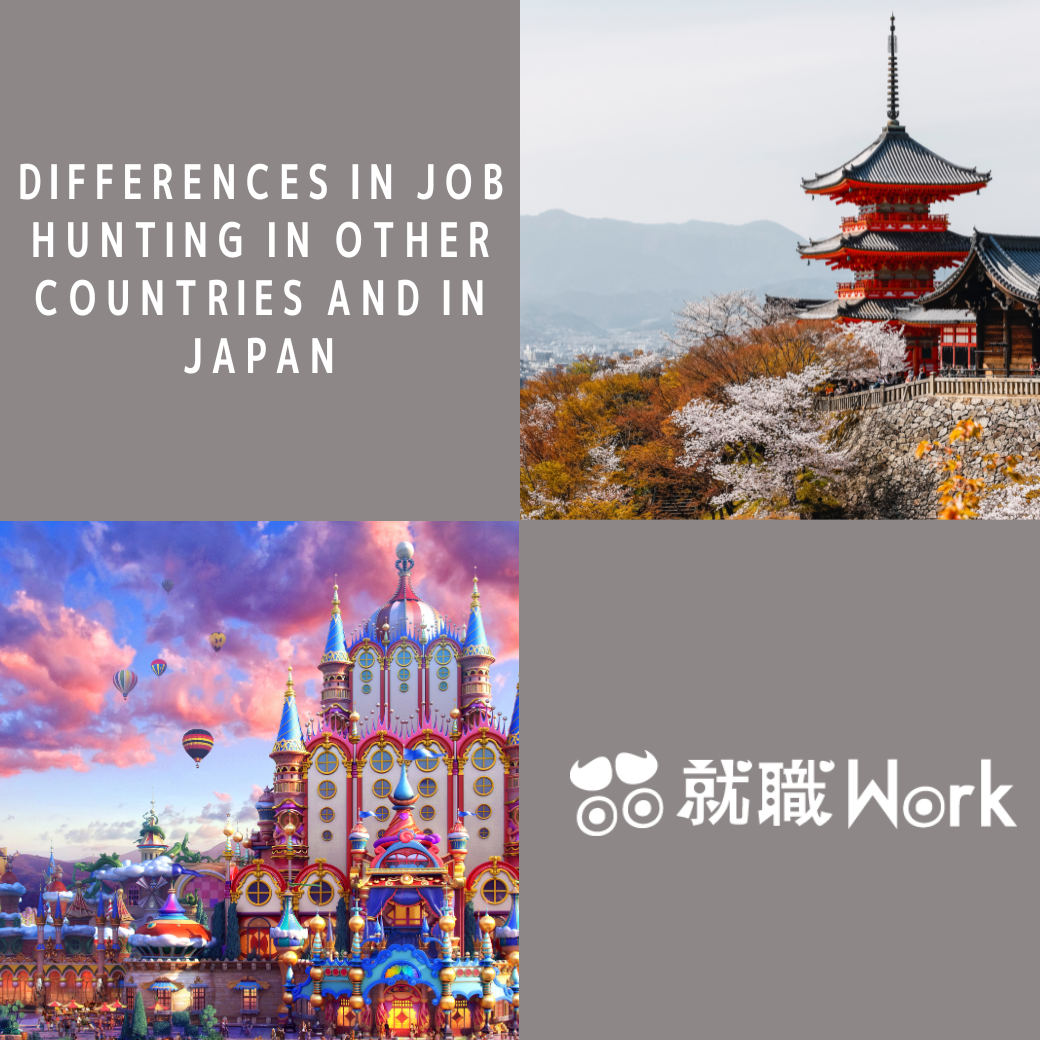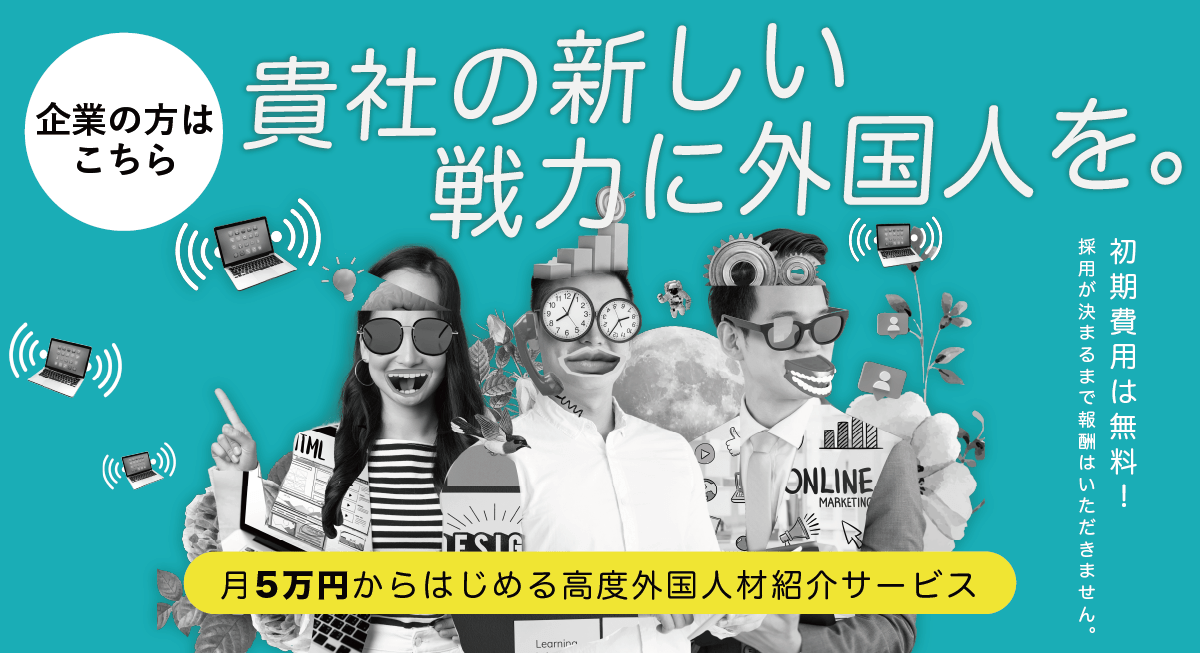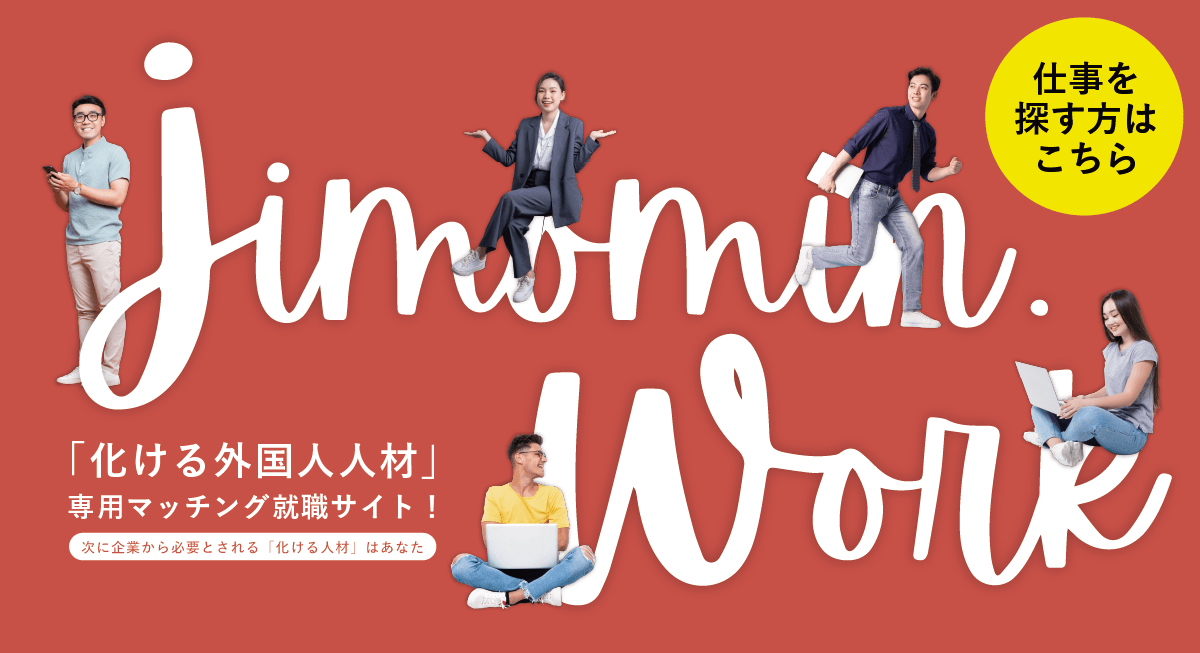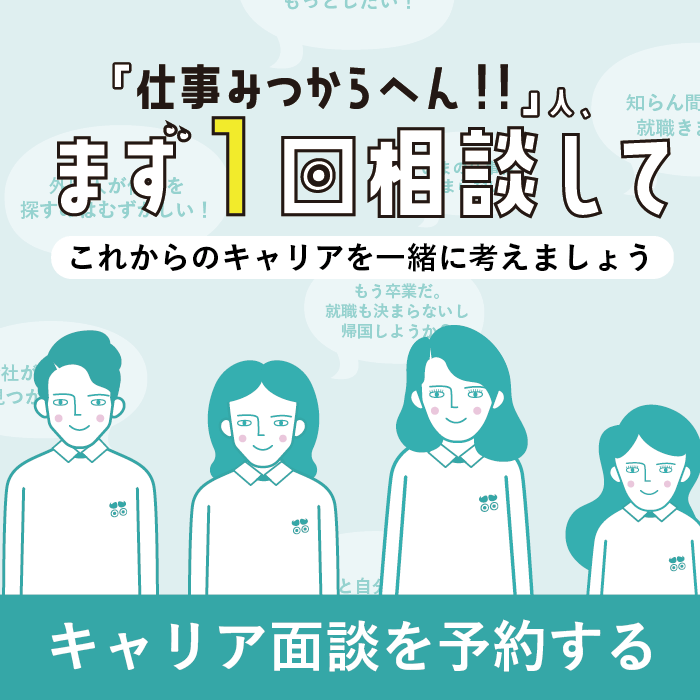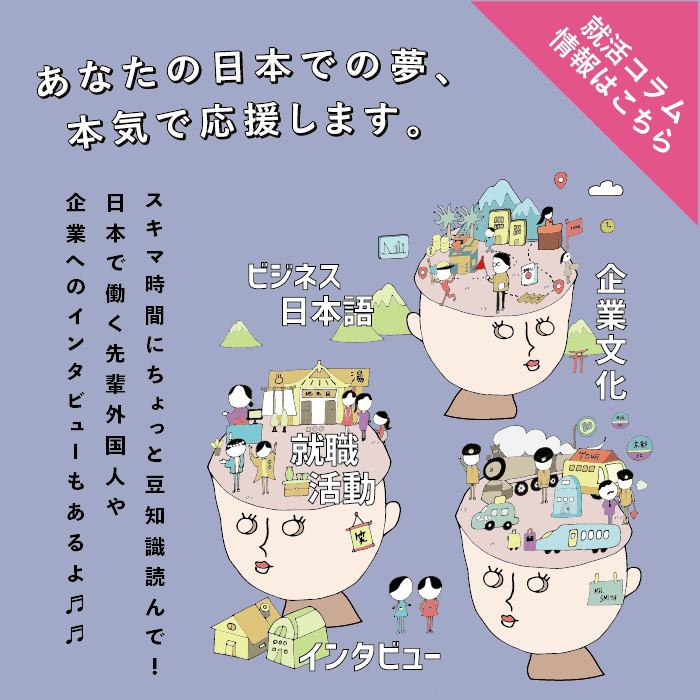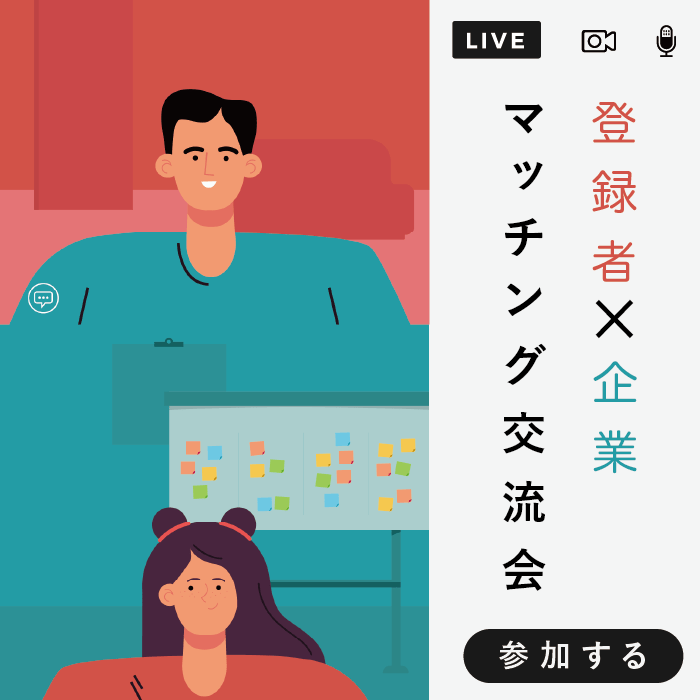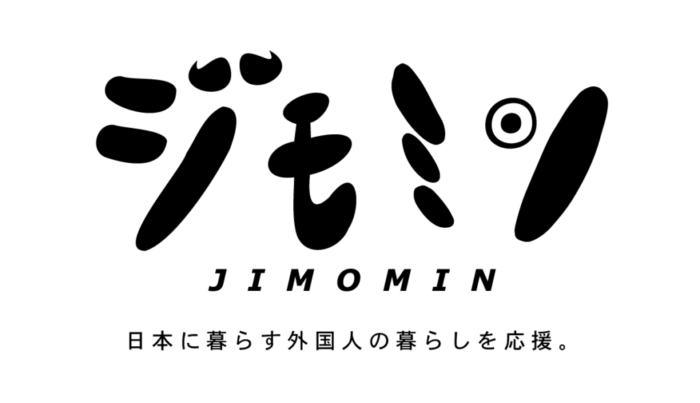Job hunting in Japan may be considered unique to international students who are looking for jobs or will be looking for one in Japan. Therefore, it is important to understand the differences between Japanese and foreign job hunting methods to have a better chance of succeeding in Japan. In this article, we will look at the differences and have a better concept of the Japanese job hunting culture.
Types of Recruitment
Overseas

First and foremost, companies in foreign countries look for people who are ready to work immediately, in other words, those who are capable of doing the job as soon as they join the company. Therefore, educational background (such as the university you went to) and internship experiences are also seen carefully during the screening process. Furthermore, in many cases, many companies are always actively looking for people who can work immediately and be an asset to the company so there is no fixed time for job hunting, if there is a shortage of labor they will generally start hiring at that time.
Japan

There are two types of hiring in Japan, “mid-career" and “freshly graduates". Similar to abroad, the “mid-career hiring" looks for people who are ready to work and can use their past experience to use. On the other hand, “freshly graduates” are university graduates with little to no work experience other than part time jobs and sometimes internships. Since it is assumed that students with no work experience will be hired as full-time employees, there is a training system after joining the company.
One reason behind hiring fresh graduates is because Japanese companies have a culture of learning on the job while working, regardless of the educational background or experience. Furthermore, while overseas companies tend to put emphasis on internships, Japanese companies tend to place less importance on it; with many lasting only one day explaining the company.
Job Hunting in Japan

We have mentioned the difference in recruitment types in Japan and overseas. However, for those who want to work in Japan, there are still few points about job hunting in Japan to know about. Here, we would explain a few points regarding the “freshly graduates” hiring which was mentioned earlier.
In Japan, job hunting activities start simultaneously in the fall for 3rd year students who are expected to graduate in spring. This is very different from job hunting overseas, where there is no fixed period of time, so if you do not know this, you may find yourself late for job hunting. Be careful! During interviews and company briefing sessions, it is highly recommended to wear a black suit or a “recruit suit.” If you dress casually, it might not leave a good impression and might not be hired. In addition, you must submit a CV-like document called an “Entry Sheet” in Japan. Many companies also have a written test, so be sure to prepare well!
Summary
So far, we have explained the differences between job hunting in Japan and other countries. For some international students the differences may be surprising and maybe even quite overwhelming. However, there are many advantages to working in Japan. As mentioned earlier, most Japanese companies have a well-developed training system. So regardless of your educational background, you can work at a company you want to while learning the basics or the area of study you are interested in. In addition, many companies offer employment benefit packages, which can be quite helpful. Even if you are a little interested in working in Japan, please give it a try!
However, in some cases for VISA applications, your education background might be or has to be related to the job you are applying.
How can we help you!
Your university or school has guidance regarding job hunting in Japan, explaining when to start and what to do. So the first thing to do is consult with your school’s career center. If the support is not enough or you find it difficult to find job hunting guidance in Japanese please do not hesitate to consult our jimomin staff. Jimomin provides consultation in easy-to-understand Japanese and even in English and Chinese. If you are unsure about anything, consult with us first! If you want to work in Japan, start planning for the early stage!


